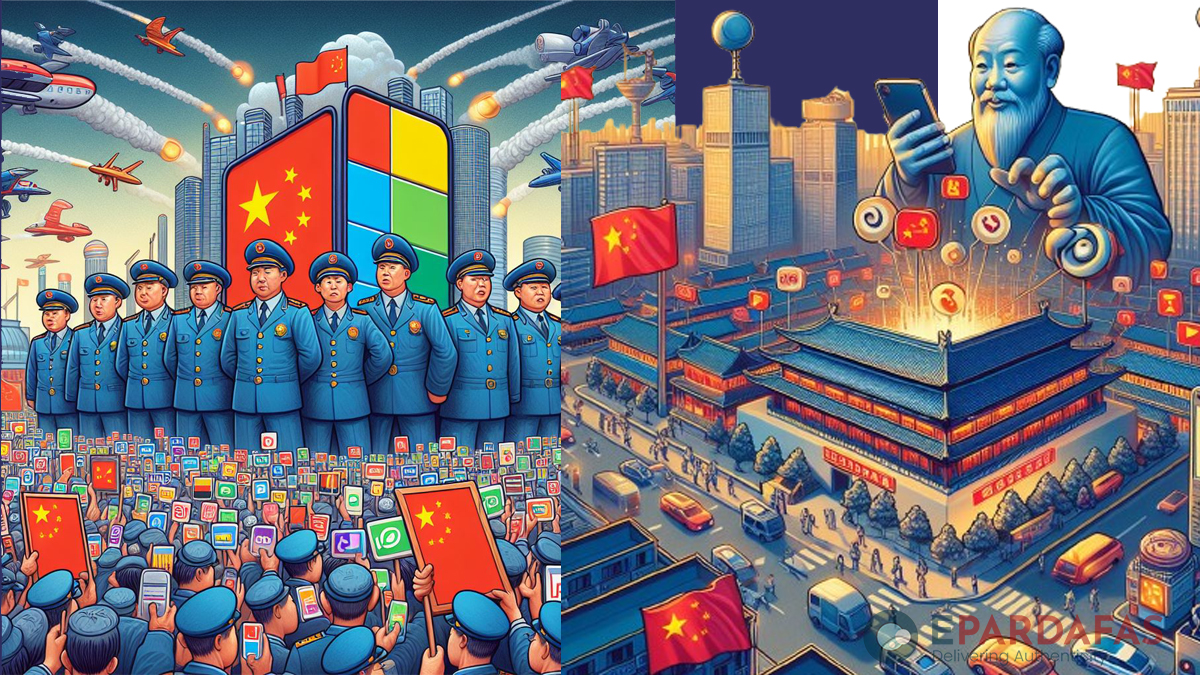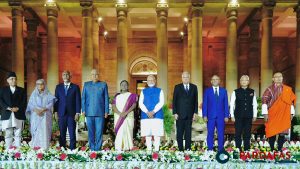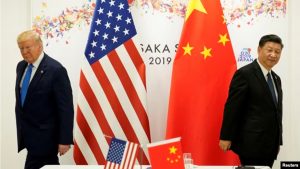
Chinese Tech Giants and Beijing’s Propaganda Strategy: Insights from an Australian Think Tank

In a comprehensive analysis, the Australian Strategic Policy Institute (ASPI) has shed light on the intricate relationship between Chinese tech giants and Beijing’s propaganda machinery. Their research, titled “Truth and Reality with Chinese Characteristics,” underscores how these tech companies play a pivotal role in shaping and refining the Chinese Communist Party’s (CCP) narrative both domestically and internationally.
According to ASPI, the CCP strategically leverages globally popular Chinese apps, games, and online platforms to harvest user data. This data is then used to gauge public opinion, discern societal trends, and tailor propaganda efforts accordingly. By mapping the connections between the CCP, state-owned or controlled propaganda entities, and data-collection activities, ASPI exposes the extent to which Chinese tech firms facilitate Beijing’s propaganda objectives.
Key Chinese tech brands such as Didi Chuxing and Temu are highlighted for their contributions to Beijing’s data-gathering efforts. ASPI argues that these companies provide valuable insights into consumer habits and societal characteristics across various nations, essentially serving as a foundational layer for Beijing’s future dominance in global information exchange.
The report also delves into Beijing’s investments in emerging technologies like generative AI, mobile gaming, and immersive technologies such as AR and VR. ASPI contends that these technologies are instrumental in advancing China’s narrative control agenda, citing the passing of legislation like the Internet Information Service Deep Synthesis Management Provisions law as evidence of Beijing’s intent to weaponize AI and other innovative tools for propaganda purposes.
Furthermore, ASPI highlights Beijing’s efforts to shield its population from external influences, exemplified by the banning of platforms like Facebook and VPNs. The report draws parallels to the controversy surrounding TikTok in the United States, emphasizing that addressing individual platforms overlooks the broader implications of China’s technological advancements in information manipulation.
In light of these findings, ASPI offers recommendations for policymakers, urging governments to scrutinize digital supply chains and define machine learning and cloud data as surveillance or dual-use goods. Standardizing data storage practices before Beijing establishes global norms is also proposed as a preventive measure against authoritarian data misuse.
However, ASPI’s conclusions are not without skepticism. While they paint a concerning picture of Beijing’s propaganda capabilities, other think tanks, such as the Center for Intelligence Research and Analysis at Exovera, argue that bureaucratic inefficiencies within China may hinder its ability to exert global narrative control effectively.
Ultimately, ASPI’s research underscores the complex interplay between Chinese tech giants and Beijing’s propaganda ambitions, prompting critical examination and proactive measures to safeguard against potential abuses of technology in the information domain.












Comments